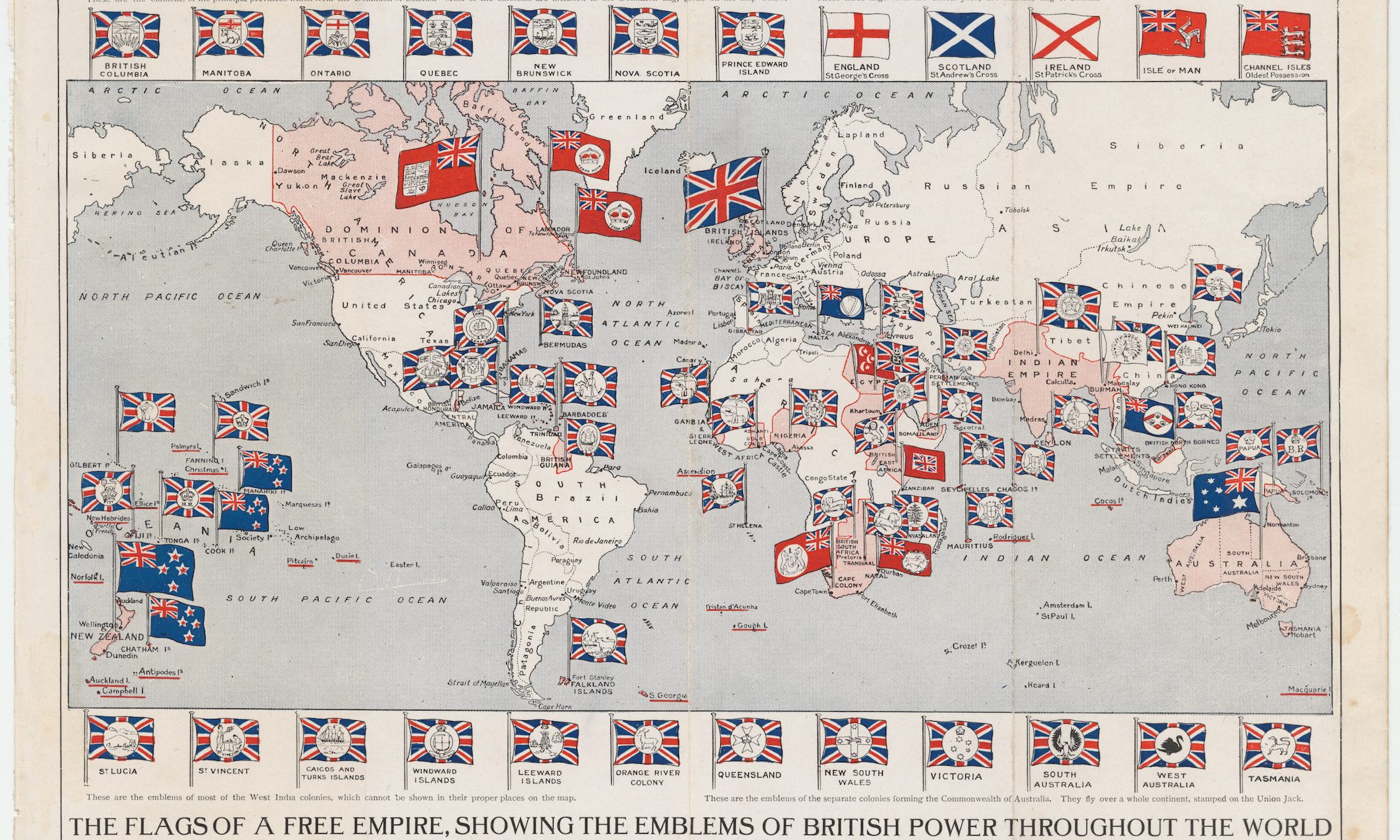 Like many people, in the aftermath of the election I discovered a keen interest in the reasons why so many White Americans had voted for Donald Trump. This followed from one of two puzzles that gripped me at about 8:30 pm Eastern time on 11/8. The first was, “How could Hillary lose?” The second, and the one more pertinent here, was “How could so many people vote for Trump?”
Like many people, in the aftermath of the election I discovered a keen interest in the reasons why so many White Americans had voted for Donald Trump. This followed from one of two puzzles that gripped me at about 8:30 pm Eastern time on 11/8. The first was, “How could Hillary lose?” The second, and the one more pertinent here, was “How could so many people vote for Trump?”
These questions have fueled two quite different reading agendas. Justin Gest’s compelling, excellent The New Minority fits comfortably into the second one. And I want to underscore how important the distinction is. Even had Trump lost, the question of how so many people voted for Trump should have dominated academic political science in the aftermath. To sum this up with “racism” or “classism” or “partisanship” is merely to label the unknown and pretend the labeling constitutes an answer. Exactly how does identity play into a vote for someone so manifestly unqualified? Exactly why would racism prove compatible with voting for Obama over Romney but Trump over Clinton? And why did Trump’s appeal resonate so much with people who had almost nothing in common with him? Nothing is so bizarre, then or now, as the spectacle of the disaffected, the marginal, the left out coming together in solidarity with the penthouse billionaire.
The answers to these questions will be different than the question of why Hillary lost. Nor does investigating this question require focusing on the politics of the white working class to the exclusion of Blacks, LGBT Americans, or immigrants. The surprising political power and the massive shift of this group make it worthy of study–not least because perhaps nobody, including themselves, thought that they mattered very much until the upheaval of 2016. One of Gest’s lessons is that had more work been done to integrate such perspectives earlier that the conditions for the calamity might not have occurred.


 Originally written for
Originally written for